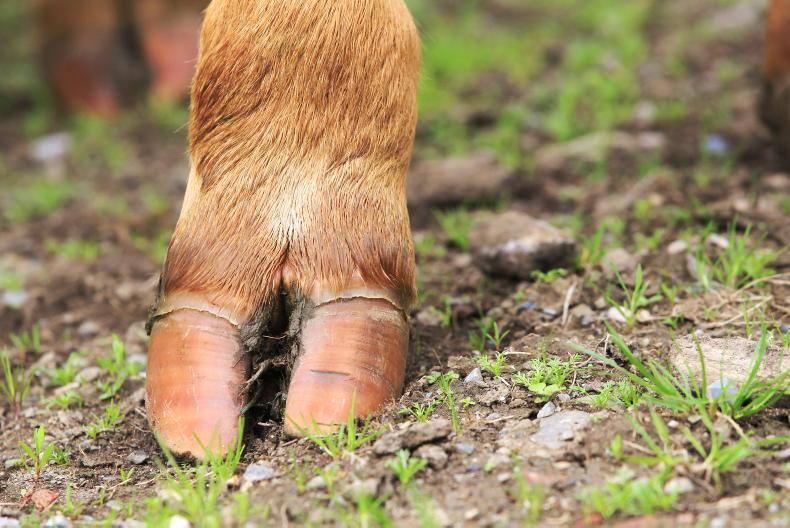All Teagasc Basic Payment Scheme (BPS) and nitrates derogation appointments will now be processed over the phone rather than an office consultation.
Teagasc staff will contact farmer clients in the coming weeks. BPS application for clients, in so far as possible, will be done over the phone.
For farmers in a derogation, prior to application submission clients will be asked to signify agreement to the application through email or text. Teagasc staff will contact clients to make arrangements.
Are Teagasc offices open?
Teagasc advisory offices are open for pre-arranged appointments only and for staff who are unable to work from home.
Each Teagasc location will set up one bio-secure office for essential one-to-one consultations.
This will involve a double desk with a clear perspex divider and a computer with two screens.
Clients will be asked to wait in their cars to prevent contact in waiting areas and, where essential, clients may also have to sign forms in the office parking area.
Discussion groups and farm visits
On farm, Teagasc farmer discussion group meetings are being replaced with one-hour phone meetings between farmers and their adviser.
Farm visits by Teagasc advisers are taking place at the client's request and only for urgent issues. Social distancing and hygiene protocols will be adhered to.
Visits for programmes where work can be completed with no contact with the farmer will continue.
College update
The Teagasc agriculture and horticulture colleges and education centres are closed to students in line with the Government decision that schools and third-level colleges close over the period 13 March to 29 March.
Teagasc education staff, where practical, are working remotely. In the event that the closure of all schools and colleges is prolonged, Teagasc is arranging that guidance for self-study of theory elements of courses will be communicated through online channels.
All Teagasc events have been postponed until further notice. This includes farm walks, conferences, and seminars.
The transfer of information and knowledge to farmers and students will be through regular digital communication methods.









SHARING OPTIONS